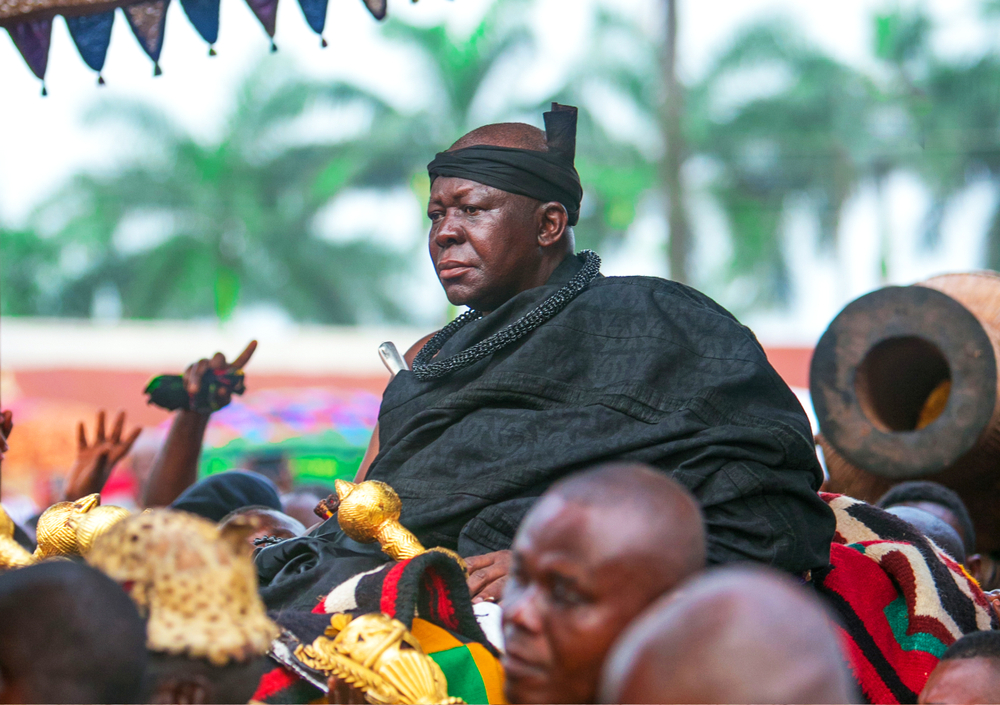Simple human contact can help reduce physical pain and emotional anxiety.
David Servan-Schreiber | July/August 2010 issue

Carla has fallen off her bike and has a bad cut above her eye. She’s bleeding; she’s shaking; her head hurts. Her husband Jack has called an ambulance, but doesn’t really know what else he can do. So he holds her hand and strokes her hair gently. He tries to reassure her and tells her everything is going to be all right, that she’ll soon be in good hands.
Once they get to the hospital, Jack isn’t allowed to go with Carla while she’s being treated. He sits for more than an hour in the waiting room and then decides to go and find her. She’s sitting on her own, feeling very shaken. He still doesn’t quite know what to do, but holds her hand while they wait together.
Some hours later, after the X-rays show that nothing serious is wrong and the cut is dressed, they take a taxi home. In the cab, she turns to him and says, “You can’t imagine how much it helped me having you there to hold my hand when I was so scared.” And they look at each other and smile.
Affection can’t heal injuries, but it can reduce feelings of solitude and fear. And we now know that it can even help with physical pain. Richard Davidson, a neuroscientist at the University of Wisconsin, studied the levels of fear and pain experienced by women when they were subjected to mild electric shocks. Magnetic resonance imaging (MRI) measurements were taken of their brain activity. (Davidson studied women, but his findings apply to men as well.) When left alone while receiving the electric shocks, the women felt fear and pain, and the areas of their brains responsible for emotion were particularly active. But if a member of the laboratory team held their hands—someone they had never met before whose face they could not see—the women felt less fear, even though they were still in physical pain. Their brain activity calmed down markedly at every level if their partners were the ones holding their hands.
Something remarkable happens through physical contact, something as powerful as a drug, something that effectively reduces pain and anxiety. And the stronger the relationship between the people touching, the more effective the physical contact. The effect on the women’s brains was directly proportional to the love they felt for their partners.
Changes were visible in the hypothalamus, the brain area involved most in processing emotions, while the women’s hands were held. The hypothalamus controls secretion of the body’s hormones, in particular stress hormones.
The researchers at the University of Wisconsin call emotional relationships “the hidden regulator” because they have a profound effect on brain function and because this effect is imperceptible when all is going fine. It becomes obvious in situations of stress or threat, however.
That evening at the hospital, Carla and Jack had an intuitive understanding of their need for a physical connection. The entire pharmaceutical industry is trying to achieve the same effect with a pill, without producing any side effects. But a simple touch does it already.
David Servan-Schreiber is a French psychiatry professor and the author of Healing without Freud or Prozac and Anticancer.











